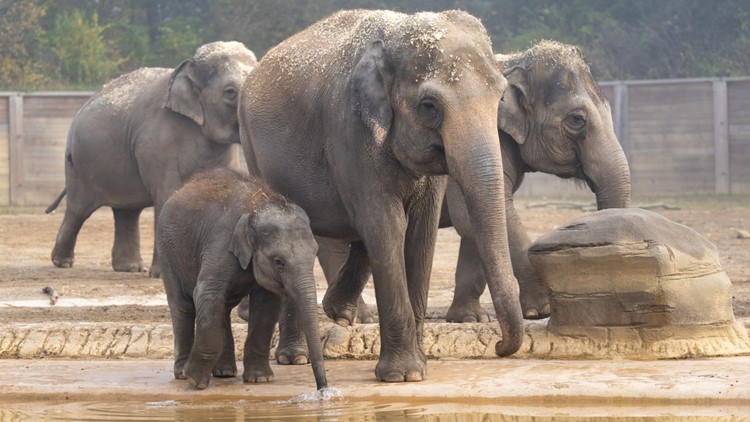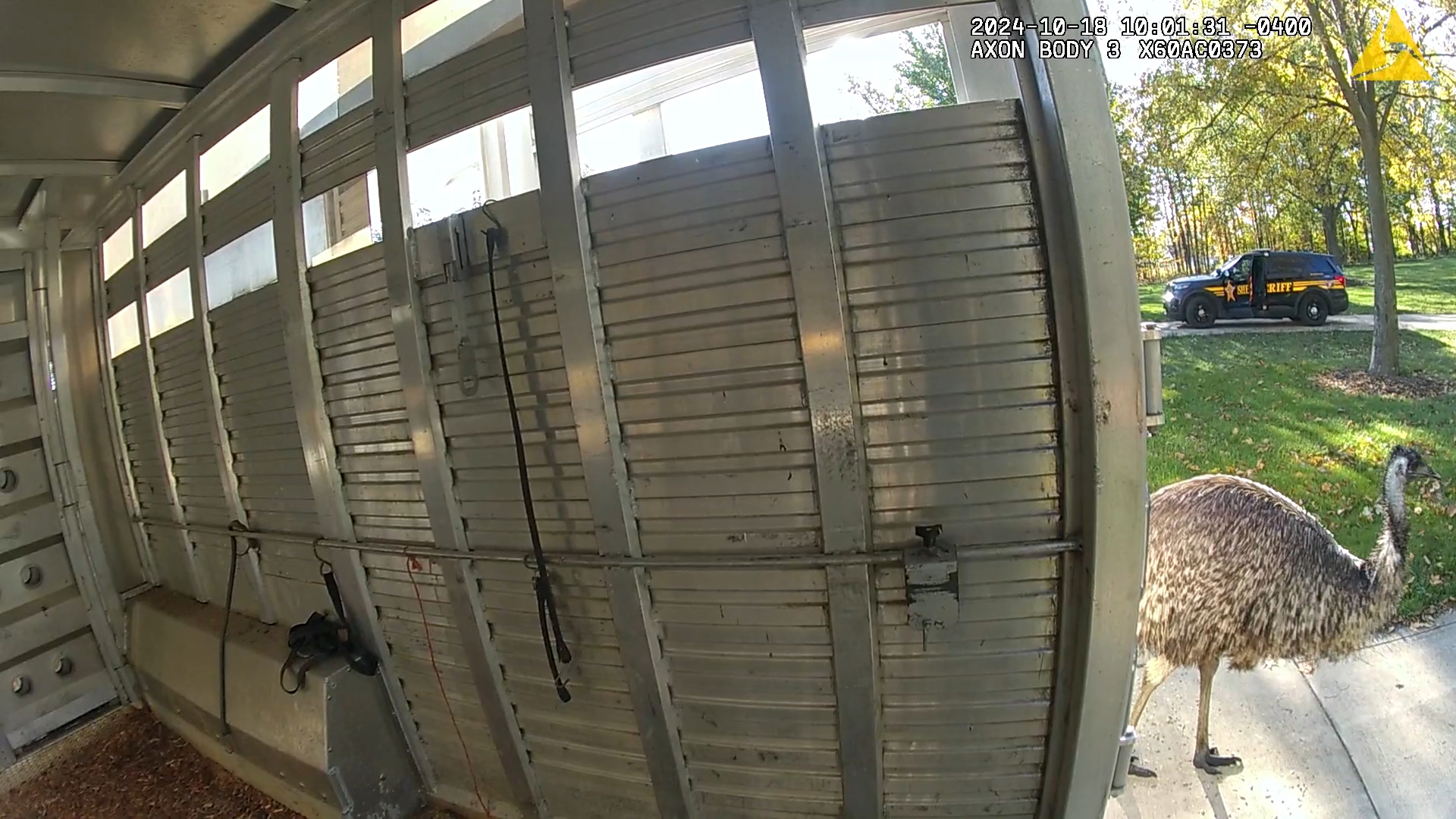COLUMBUS, Ohio — In an effort to protect its elephants from a potentially fatal virus, the Columbus Zoo and Aquarium opened a new DNA lab that can alert veterinarians to early warnings of active infections.
Last spring, the zoo lost a member of their elephant herd to Elephant Endotheliotropic Herpesvirus (EEHV). The elephant’s care team noticed that 13-year-old Beco was acting unusually lethargic, which prompted them to collect blood and send it to the National Elephant Herpesvirus Laboratory at the Smithsonian's National Zoo for analysis.

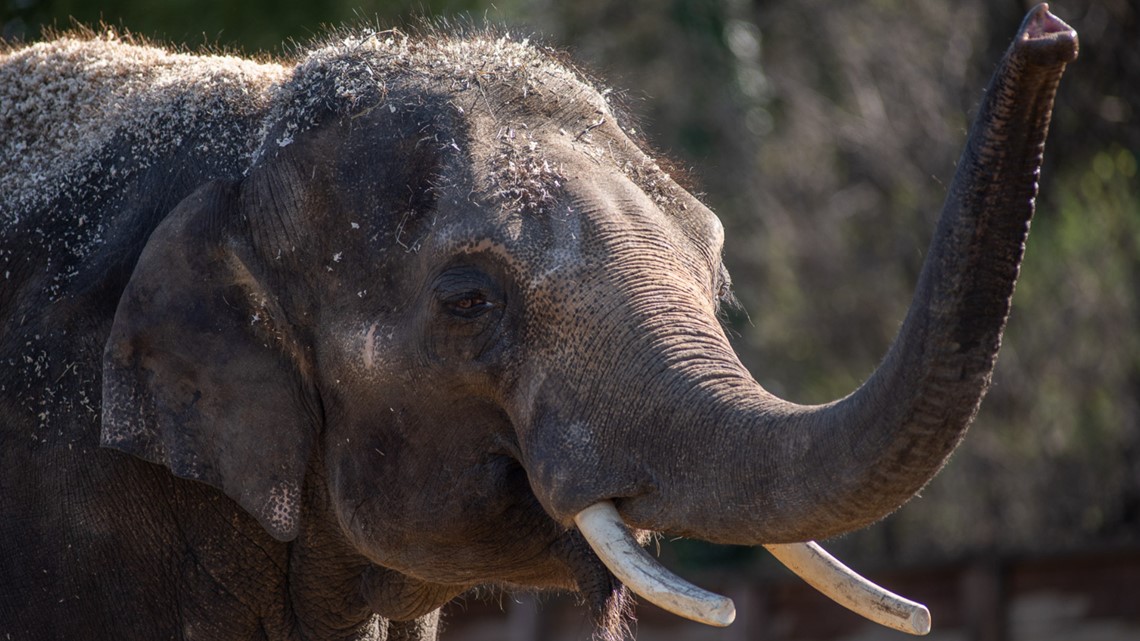
After Beco tested positive, he received regular plasma and whole blood and stem cell infusions before passing away 52 hours after showing signs of EEHV.
“The time saved by Columbus Zoo’s new on-site lab is invaluable, and an extremely important benefit for the elephants,” said Dr. Priya Bapodra-Villaverde, Columbus zoo senior veterinarian. “Protecting the elephants in our care is a top priority, and having an on-site lab significantly decreases the wait time for important test results and allows us to run EEHV samples as often as needed.”
According to researchers, elephants can carry different herpesviruses throughout their lives and usually, those viruses remain dormant and do not cause illness. Elephants are most susceptible to EEHV from ages 1-8 years, though elephants in their teens have also died of the virus.
While the virus can often be asymptomatic and not cause any illness, it can also rapidly become fatal, particularly for younger elephants, according to the zoo.
The new lab will perform tests that can accurately diagnose infectious diseases and provide genetic information. The Columbus zoo is the fourth zoo in the U.S. to have an onsite lab.

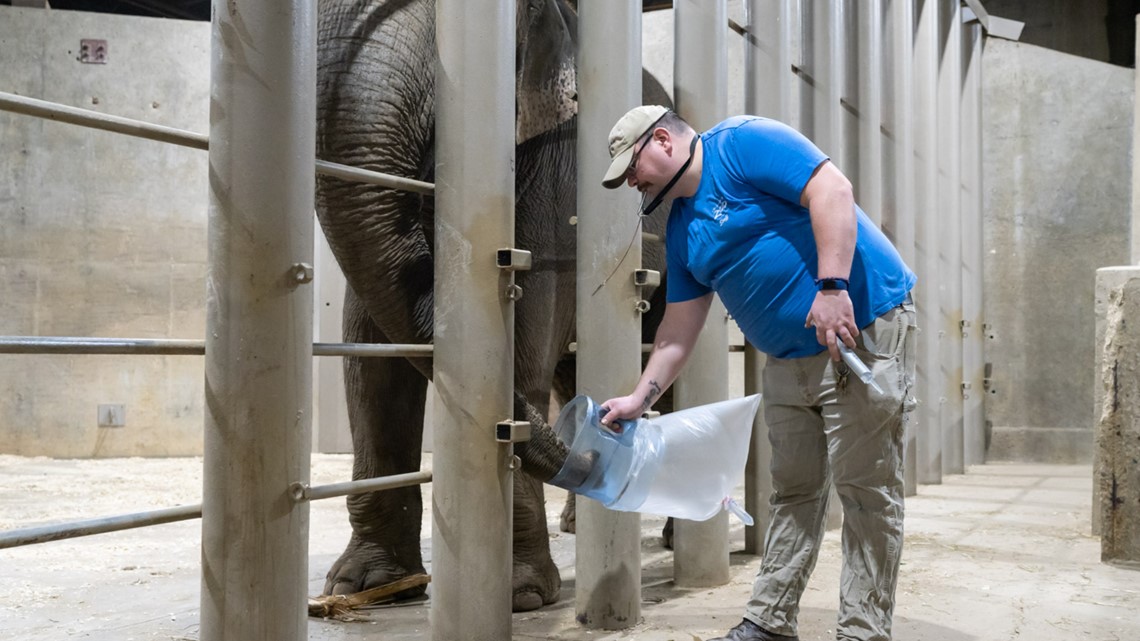
“This new laboratory is the latest action we’ve taken to further our commitment to providing the elephants in our care with the best resources possible to ensure their well-being,” said Tom Schmid, president and CEO of the Columbus zoo.
Since becoming fully operational, the zoo says it has tested blood samples on higher-risk elephants twice a week and monitored trunk washes weekly on the whole herd.
The zoo worked closely with the Smithsonian’s National Zoo during the lab’s creation and the zoo hopes that the data collected help not only the elephants in Columbus and across the U.S., but also in the creation of a vaccine.

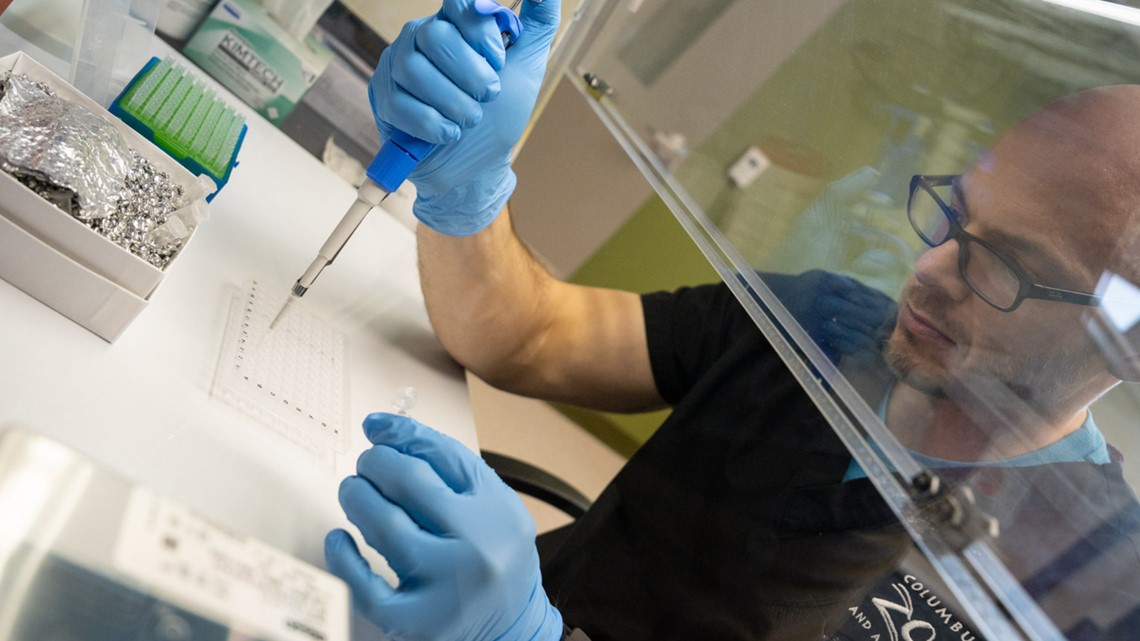
“Having an EEHV Point-of-Care laboratory at the Columbus Zoo will allow them to get rapid answers for EEHV samples. This allows us to collaborate with them on complex cases and research projects; our partnership will help assure continuing excellent elephant health in the United States,” said Erin Latimer, lab manager at the Smithsonian’s National Elephant Herpes Lab.
According to the zoo, the lab’s creation was made possible through a donor family, who named the most recent elephant calf “Frankie” in memory of their mother Frances. Additional funds from Beco’s Memorial Fund are also being used to support the EEHV lab operations.


